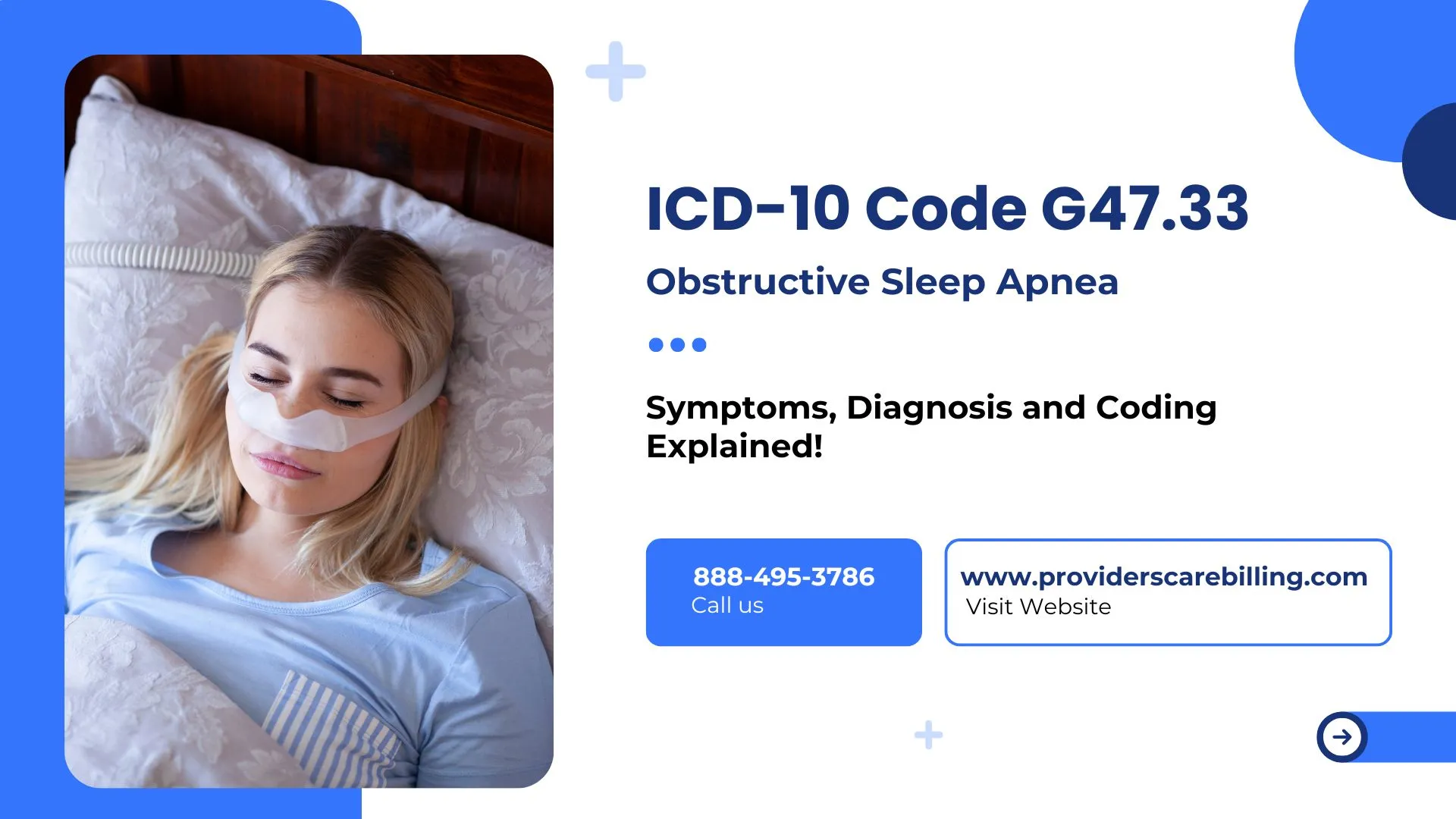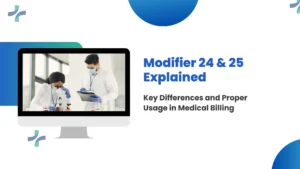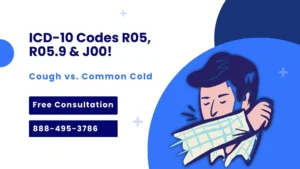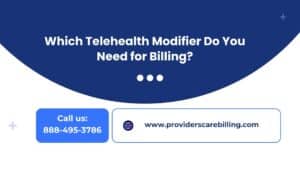Did you know that more than 936 million adults around the worldwide have obstructive sleep apnea (OSA)? yet many remain undiagnosed.This is a condition that not only is a reason for serious health concerns, such as cardiovascular diseases and diabetes, but also robs individuals of their sleep quality.
For medical coders, precise ICD-10 code G47.33 for obstructive sleep apnea helps give a timely diagnosis and ensure seamless insurance claims processing. Read this guide to know what obstructive sleep apnea is, and why precise ICD coding matters.
Obstructive Sleep Apnea (OSA)
Things to consider about Obstructive Sleep Apnea
The complete or partial blockage while sleeping is known as obstructive sleep apnea. Moreover, the breathing pauses can last for minutes, which disturbs the sleep cycle and leads to long-term health issues.
Common symptoms of OSA
Knowing OSA symptoms is necessary to initiate proper medical interventions:
l Chronic snoring
l Daytime sleepiness or fatigue
l Frequent headaches
l Episodes of choking or gasping during sleep
l Difficulty concentrating
l Mood changes such as irritability or depression
Thus, if you do not pay attention to OSA, it can cause atrial fibrillation, heart attack, and even strokes.
Risk factors for OSA
The OSA can be dangerous for anyone, but some factors can be the reason for developing the condition:
Obesity: The airway can be blocked by the excess weight.
Age: OSA is becoming more normal in elderly people.
Genetics: A family history of sleep apnea ICD can also be a risk factor.
Other Factors: Nasal congestion, smoking, and narrow airway (structural differences) can also be reasons.
The Importance of Accurate ICD-10 Coding
Why does Accurate Coding Matter?
Accurate ICD-10 coding makes sure that:
l Patients get precise treatment and diagnosis.
l Healthcare professionals protect prompt insurance reimbursement.
l Medical records help to ensure better patient care.
Thus, precise coding is not about financial benefits, but also compliance with medical regulations, ensuring ethical practices, and enhancing trust in the healthcare industry.
Impact on billing and insurance:
Wrong coding can cause claim denials, which impact patient access to required treatments. For example, a wrong assigned code for Obstructive sleep apnea could cause delays in insurance reauthorization for a CPAP machine or a sleep study.
Critical Factors about ICD-10 G47.33 Code for Obstructive Sleep Apnea
Primary ICD-10 Code for OSA
The basic ICD-10 Code for obstructive sleep apnea is G47.33, which is used to represent OSA.
G47.33
Applicable for cases where documentation specified ties apnea to obstruction.
Necessary for coding clarity to ensure proper treatment plans and insurance claims.
When to Use G47.33 Over Other Codes?
Documentation related to healthcare is the key to knowing when to use G47.33 versus other codes like G47.34. The purpose of using this code is to indicate the origin of apnea rather than obstructive one.
Other Related Codes
ICD codes on your DBQ for sleep apnea are important because many adults experience sleep apnea due to service-related conditions.
Codes like G47.31 may also be relevant depending upon clinical documentation and symptoms.
How to Diagnose Obstructive Sleep Apnea
Diagnostic Criteria for OSA
The processes and metrics given below are integral to diagnosing obstructive sleep apnea:
Apnea-Hypopnea Index (AHI): This index can measure issues every hour.
Polysomnography (PSG): This is a detailed sleep study that monitors heart rate, breathing, and oxygen levels.
Portable Sleep Tests: This test is used as a diagnostic tool.
Common Diagnostic Issues
The sleep studies with diagnostic procedures usually remain the gold standard for OSA diagnosis, while thorough medical history reviews, physical examinations help to supplement these tests.
Real Life Example of OSA ICD Coding
Meet David: A 45-year-old presenting symptoms of daytime fatigue, heavy snoring, and morning headaches went to the sleep clinic. His sleep history showed an AHI of 30, indicating severe OSA.
David’s healthcare professionals code his diagnosis by using ICD-10 Code G47.33, ensuring insurance reimbursement for his CPAP follow-ups and therapy.
Common Mistakes in ICD-10 Coding for OSA
Common Errors to Avoid:
Incomplete Documentation: Ignorance to know apnea is central or obstructive.
Using Generalised Codes: Avoid the use of non-specific codes like G47.3 If more options like G47.33 are available.
Neglecting Updates: Not being updated with the coding guides can cause inaccuracy.
Tips for Accuracy:
Ensure detailed clinical notes that can support the assigned code.
Cross-check related processes and diagnosis for alignment with coding standards.
Regularly take part in ICD coding updates.
FAQS about OSA ICD-10 coding
What to know about the ICD-10 Code for obstructive sleep apnea?
The G47.33 is the ICD-10 Code for obstructive sleep apnea. In general, it is linked to the airway obstruction, where sleep apnea causes problems.
What ICD codes might be relevant for VA claims for OSA?
ICD codes for sleep apnea VA claims are useful in conjunction with reimbursement and service-related conditions.
How does ICD-10 for OSA impact billing?
Precise ICD-10 coding ensures smooth insurance claims processing as well as coverage for complicated treatments and diagnostic studies.
Why Accurate Coding matters for you
Accurate Coding for Obstructive sleep apnea is necessary for patient care optimization and efficiency. Accuracy matters at every step, whether ensuring compliance with sleep apnea ICD guidelines or assigning the dx code G47.33.
Also read: ICD-10 Code for Neck Pain (M54.2) & Cervical Pain
At Providers Care Billing LLC, based in Illinois, USA, we specialize in coding services and comprehensive medical billing. With expertise in ICD-10 coding for OSA, we offer competitive rate services of just 2.89%. With a 4.9-star rating and 100% client satisfaction, we are trusted by healthcare providers. Choose us today to transform your medical billing experience.




